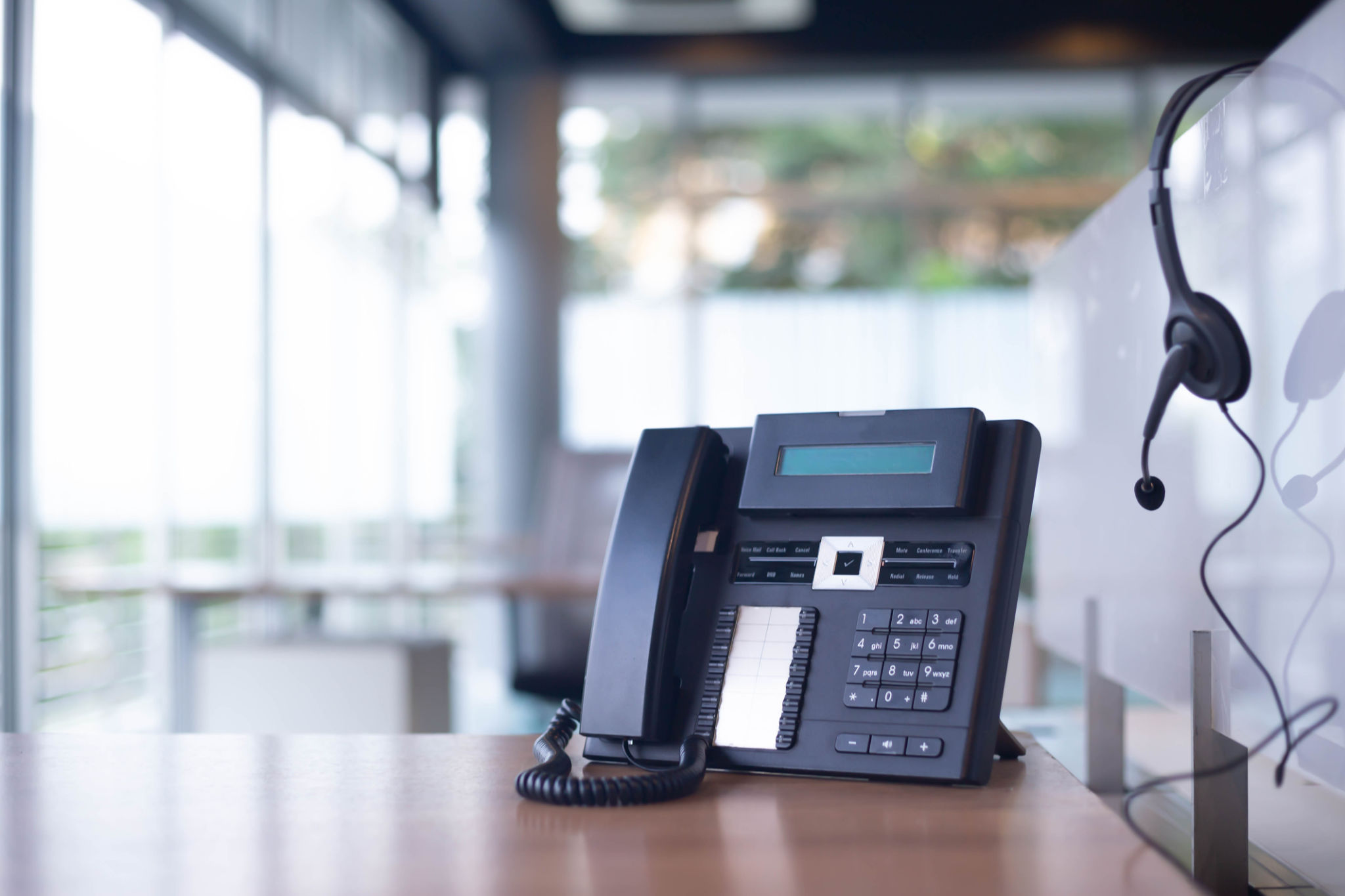VoIP vs Traditional Phone Systems: Which is Right for Your Business?
Understanding VoIP and Traditional Phone Systems
The decision between Voice over Internet Protocol (VoIP) and traditional phone systems is crucial for businesses looking to optimize communication. Both systems have their own sets of advantages and drawbacks, making it essential to understand their differences to make an informed choice.
Traditional phone systems rely on the Public Switched Telephone Network (PSTN) to transmit voice via copper wires. On the other hand, VoIP utilizes the internet to convert voice into digital signals, allowing calls to be made from computers, VoIP phones, or smartphones.

Cost Considerations
One of the most significant factors in choosing a phone system is cost. VoIP systems are generally more cost-effective than traditional phone lines. This is because VoIP services often have lower monthly fees and offer free or inexpensive long-distance and international calls.
Traditional phone systems, while reliable, often come with higher setup costs due to the need for physical lines and hardware. Additionally, long-distance charges can accumulate, making it less economical for businesses with frequent international calls.
Scalability and Flexibility
Scalability is another key consideration for growing businesses. VoIP systems excel in this area due to their flexibility. Adding new users or lines is straightforward and usually doesn’t incur significant additional costs. This makes VoIP an ideal choice for companies anticipating growth.

Traditional phone systems, in contrast, require physical lines for each additional user. This can mean higher costs and more complex installations, which can be a deterrent for rapidly expanding businesses.
Reliability and Call Quality
Reliability and call quality are paramount for any business communication system. Traditional phone lines are renowned for their reliability, offering consistent call quality without dependence on internet connectivity.
However, VoIP technology has advanced significantly, offering high-quality calls if a stable internet connection is available. Businesses in areas with reliable broadband can benefit from excellent call quality with VoIP systems.

Features and Functionality
VoIP systems often come packed with a variety of features such as call forwarding, voicemail-to-email, video conferencing, and more. These features can enhance productivity and improve communication efficiency within a business.
While traditional phones offer basic features like call forwarding and voicemail, they lack the advanced functionalities that VoIP systems provide, potentially limiting a business's communication capabilities.
Conclusion: Choosing the Right System for Your Business
In conclusion, the choice between VoIP and traditional phone systems depends largely on your business's specific needs. If cost-saving, flexibility, and advanced features are priorities, VoIP might be the right solution. However, if reliability and consistent call quality are non-negotiable and your business has access to reliable internet services, then a traditional system or a hybrid approach could be beneficial.
Ultimately, it's essential to weigh these factors carefully to choose a system that supports your business's communication needs now and in the future.